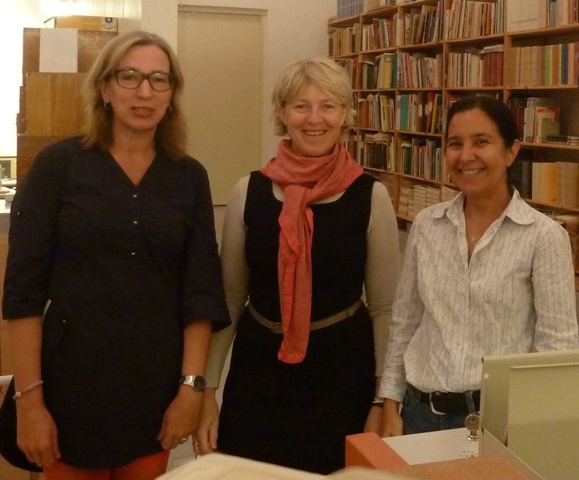
According to the only published inventory of Australian Aboriginal material culture held in overseas institutions, the Gothenburg Ethnographic Museum (now known as the Museum of World Cultures) holds a collection of 344 Australian objects. Unprovenanced and largely unremarkable, they have not been the subject of research or used in exhibition for decades, yet they remain stored in ‘best practice’ museum conditions and are subject to patrimony legislation along with the rest of Sweden’s treasures. My interest in both museums and Australian history lead me to ask the first question in this research project: why? What possible value could such objects have for the museum, the Swedish state, or research scholars more generally?
In looking to answer this question, I engage creatively with these ‘orphans’, using the Gothenburg collection and its categorizing voids as a starting point for a different type of examination. Through a creative literary engagement with the objects, I aim to move beyond the material culture and museology discourses usually associated with the re-reading of ethnographic objects in museums. Avoiding the standard route of salvaging information from the archives, which almost invariably pulls the narrative towards the biography of the collector, or the largely unexamined and often self-serving search for repatriation opportunities, I look instead to follow the cultural, historical and artistic tracks that connect objects, landscapes, architecture, stories, biographies and ideas.
Christine Hansen has both academic and professional interests in museums and collections. Before coming to Sweden she was a curator at the National Museum of Australia, a member of the Editorial Board of the Aboriginal History Journal and a Post-Doctoral fellow at the Centre for Environmental History at the Australian National University. She completed her PhD at the Australian Centre for Indigenous History in 2010.
Image: L to R Mikela Lundahl (Global Studies, University of Gothenburg), Christine Hansen (Historical Studies, University of Gothenburg), Adriana Munoz (Museum of World Cultures).